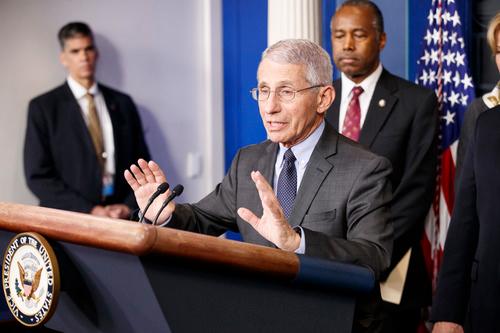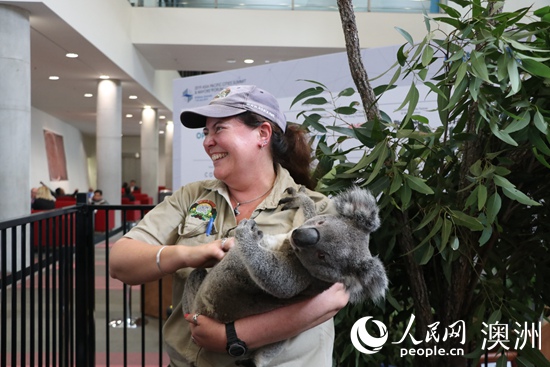(Xinhua)16:00, July 02, 2020
BEIJING, July 2 (Xinhua) — Countries around the world are facing varied COVID-19 situations as continuing fight and stronger responses from the international community are urged to tackle related challenges.
In the United States, where the national COVID-19 tally is approaching 2.7 million, some states continue to record daily case spikes as many have either paused or partially reversed their staged reopenings.
In Texas, one of the four states worst hit by a coronavirus resurgence, a record 8,076 new COVID-19 cases were reported on Wednesday, and mayors are asking the state to scale back local reopening.
Houston Mayor Sylvester Turner tweeted on the day: I and the mayors of other cities have sent a letter to Governor (Greg) Abbott asking to roll back capacity at gyms and bowling alleys.
New York City Mayor Bill de Blasio announced Wednesday the city will postpone indoor dining indefinitely as several U.S. states have seen soaring new COVID-19 cases related to restaurants and bars, saying, We cannot go ahead at this point in time with indoor dining in New York City.
Anthony Fauci, the U.S. governments top infectious-diseases expert, said on Tuesday the United States is not in total control of the pandemic, warning: I would not be surprised if we go up to 100,000 a day if this does not turn around.
U.S. economists and officials have warned a nationwide virus resurgence is threatening to derail the nascent economic recovery in the United States.
In South America which is in the winter season, Chile on Wednesday reported its total COVID-19 cases have increased to 282,043, with 5,753 deaths.
In Brazil, the death toll rose to 60,632 on Wednesday, out of a national caseload of 1,448,753 including 46,712 new cases reported in the past 24 hours.
In Israel, certain neighborhoods in the central city of Lod and in the coastal city of Ashdod were on Wednesday declared as restricted areas over high morbidity rates.
In China, which is forging ahead with economic resumption, the health authority said it received reports of three newly confirmed COVID-19 cases on the Chinese mainland on Wednesday, of which one was domestically transmitted and recorded in Beijing.
With 303 confirmed cases so far, including four newly reported ones, Myanmar on Wednesday announced that the 2020 general elections will be held on Nov. 8 this year, without delay.
In Tokyo, the metropolitan government on Wednesday confirmed 67 new COVID-19 infections, marking the sixth straight day on which daily cases in the Japanese capital topped 50 and the highest number since the state of emergency was lifted in late May. Downtown nighttime entertainment spots in Tokyo have seen clusters of cases emerge.
In the meantime, the novel coronavirus proves to still demand more and more understanding by mankind.
On Wednesday, the Nepali government highlighted a high number of infections in children under 18, which represents an alarming 14.67 percent of the national tally that rose to 14,046 on Wednesday.
As many as 2,061 children below the age of 18 years have been infected with the novel coronavirus, health ministry spokesperson Jageshwor Gautam told a regular press briefing.
In Denmark, a third mink herd has been confirmed to be infected with COVID-19, the Danish Veterinary and Food Administration said in a press release on Wednesday.
Following a massive round of testing on Monday of the animals on the farm in Hjorring municipality of North Jutland, 356 km northwest of Copenhagen, more than half of the 10,000-strong mink herd tested positive.
CONTINUING FIGHT
German Chancellor Angela Merkel said Wednesday in a speech to the Bundestag, the lower house of the German parliament, that Germany took over the presidency of the Council of the European Union from Croatia for the next six months in a difficult time due to COVID-19.
Of course, our presidency will be marked by the coronavirus pandemic, the efforts to contain it and to deal with its consequences, said Merkel, stressing that the European Council had agreed that special solutions are needed.
The United Nations (UN) Security Council on Wednesday adopted a resolution on COVID-19, demanding a general and immediate cessation of hostilities in all situations on its agenda.
Resolution 2532, which won the unanimous support of the 15 members of the council, calls on all parties to armed conflicts to engage immediately in a durable humanitarian pause for at least 90 consecutive days, in order to enable the safe, unhindered and sustained delivery of humanitarian assistance, provisions of related services by impartial humanitarian actors, and medical evacuations.
The resolution requests the UN secretary-general to help ensure that all relevant parts of the UN system accelerate their response to the COVID-19 pandemic with a particular emphasis on countries in need, including those in situations of armed conflict or affected by humanitarian crises.
Zhang Jun, Chinas permanent representative to the UN, called the resolutions adoption a victory of multilateralism and reiterated Chinas support to the secretary-generals appeal for a global cease-fire and the UN Global Humanitarian Response Plan.
Also on Wednesday, UN Secretary-General Antonio Guterres highlighted the financial needs of countries, particularly low- and middle-income countries, in their response to COVID-19.
As we craft a comprehensive global response, action on finance must be central. If countries lack the financial means to fight the pandemic and invest in recovery, we face a health catastrophe and a painfully slow global recovery, he told a roundtable on Rebirthing the Global Economy to Deliver Sustainable Development.
![]()


